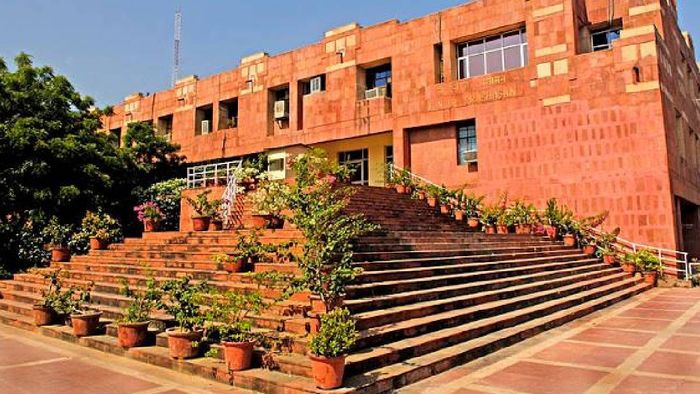JNU suspends MoU with Turkish University citing national security concerns
Jawaharlal Nehru University (JNU) has officially suspended its academic cooperation agreement with Turkey’s Inonu University over growing national security concerns. The decision follows a thorough review of the memorandum of understanding (MoU) signed between the two institutions earlier this year.

- May 14, 2025,
- Updated May 14, 2025, 7:27 PM IST
Jawaharlal Nehru University (JNU) has officially suspended its academic cooperation agreement with Turkey’s Inonu University over growing national security concerns. The decision follows a thorough review of the memorandum of understanding (MoU) signed between the two institutions earlier this year.
In a post issued via its official X (formerly Twitter) handle, JNU announced, “Due to national security considerations, the MoU between JNU and Inonu University, Türkiye, stands suspended until further notice. JNU stands with the nation.”
The MoU, inked on February 3, 2025, was initially scheduled to remain in force until February 2, 2028. It facilitated academic collaboration, research initiatives, and student-faculty exchange between the two universities. However, recent geopolitical developments have prompted Indian authorities and educational institutions to reassess foreign partnerships.
According to defence sources, Turkey has allegedly supplied drones and security personnel to Pakistan amid heightened tensions between India and its western neighbour. This growing nexus has triggered a rise in anti-Turkey sentiment in India, further intensifying the ongoing 'Boycott Turkey' campaign.
The university administration has informed all students and faculty involved in the now-suspended exchange programme and is working on alternative academic arrangements to minimise disruption.
This move aligns with the broader national sentiment urging caution in international engagements, especially those involving countries perceived to be undermining India’s strategic interests.